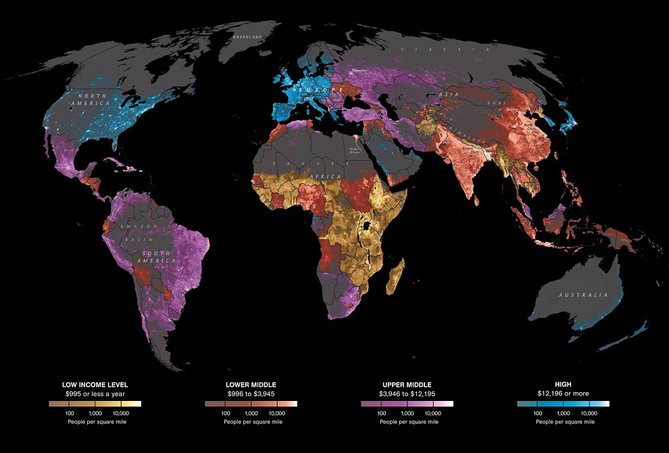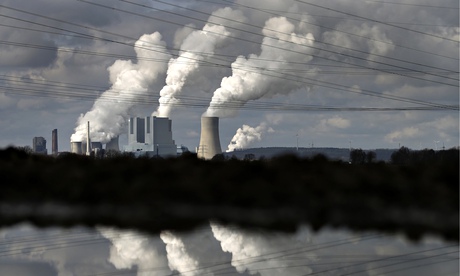Facebook Posts
ResilientCitiesButton
Submitted by Philosopher3000 on
ResilientCitiesPDF
Submitted by Philosopher3000 on
How to fix the 10 worst wastes of water
Submitted by sindhu on
More Crop Per Drop
Submitted by sindhu on
8 maps that will change the way you look at Africa
Submitted by sindhu on
Growing global thirst for energy threatens water supplies
Submitted by sindhu on



 "Renewable Energy Movie Night"
"Renewable Energy Movie Night"




